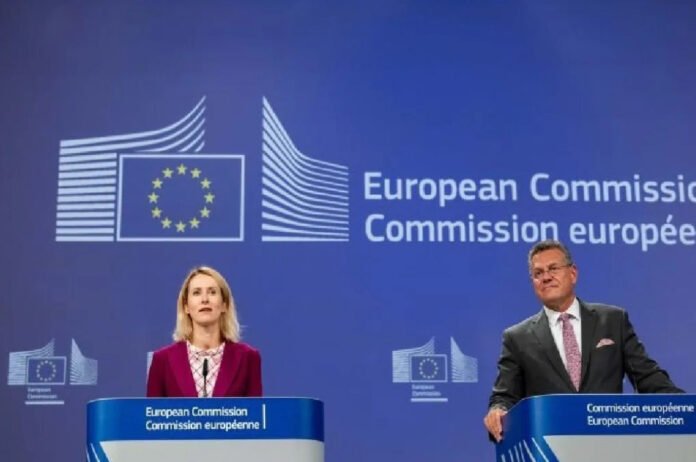The European Commission has formally submitted two major trade agreements for approval: the EU-Mercosur Partnership Agreement and the modernised EU-Mexico Global Agreement. Both are designed to strengthen economic ties, reduce tariffs, and expand market access between the European Union and Latin American partners.
The Mercosur deal would create the world’s largest free-trade area, covering more than 700 million people.
It is expected to boost EU exports by up to 39 percent, adding around €49 billion in annual trade and supporting more than 400,000 jobs. Tariff reductions would apply to a wide range of industries, including automobiles, machinery, pharmaceuticals, wine, chocolate, and olive oil.
To address concerns from farmers and environmental groups, the agreement includes protection for 344 European geographical indications and safeguards for sensitive products such as beef and poultry. These provisions allow rapid countermeasures if import levels surge or prices fall sharply. In addition, a €6.3 billion crisis fund has been proposed to help farmers cope with potential disruptions.
The modernised Mexico agreement seeks to remove nearly all remaining tariffs on EU agri-food exports while protecting 568 geographical indications. It also simplifies customs procedures, making it easier for small businesses to benefit from the deal. The agreement is particularly important for expanding exports of high-value goods such as cheese and wine.
Both trade agreements will require approval from the European Parliament and EU member states. Interim arrangements have also been proposed to allow certain parts of the deals to take effect before full ratification. Together, these agreements signal the EU’s push to diversify global trade partnerships and reinforce its economic resilience.



